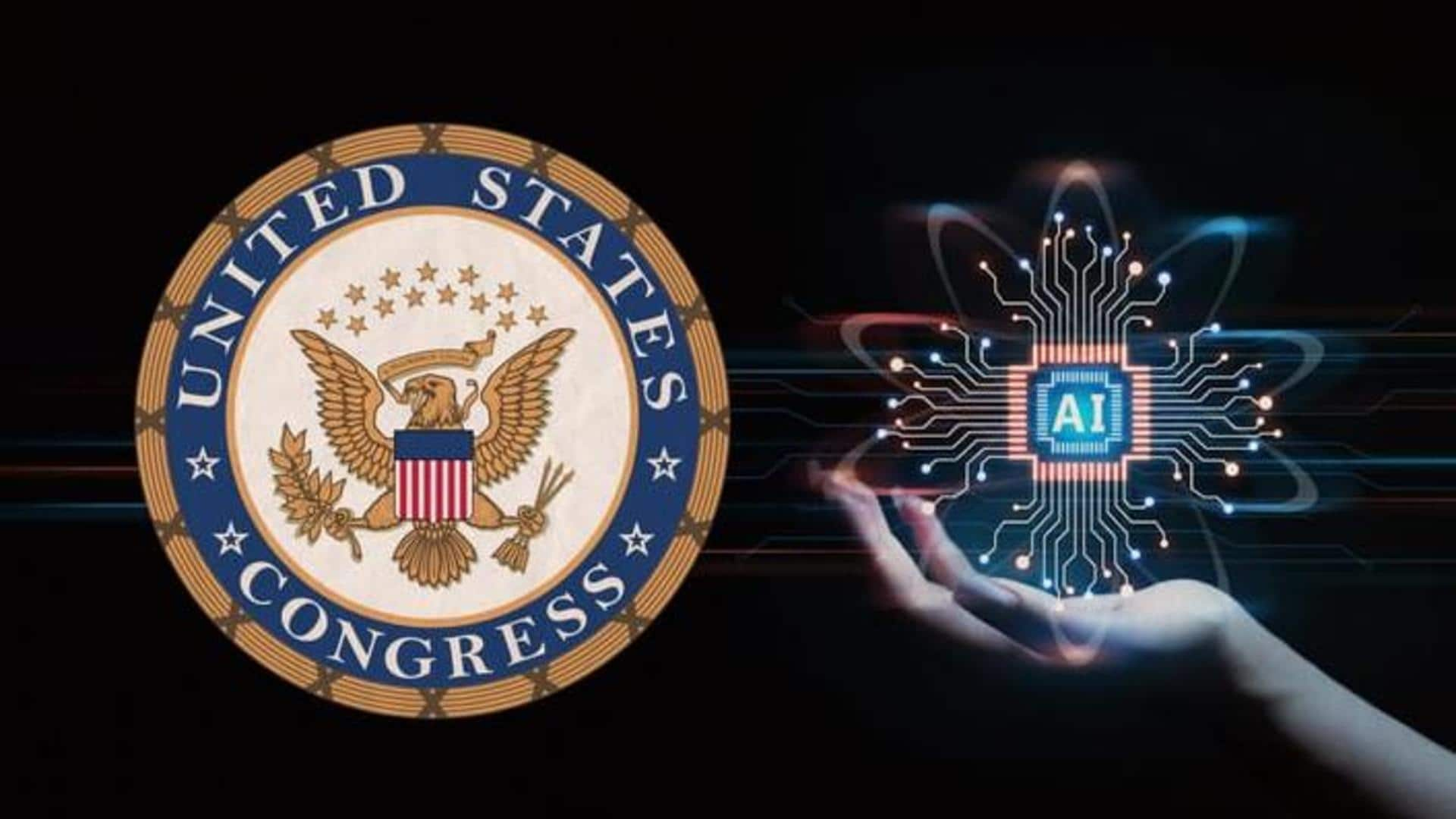
US faces roadblocks in regulating AI: What are they
What's the story
Regulating artificial intelligence lies somewhere between AI fever and fear. Governments worldwide are making moves to reign in the quickly proliferating AI chatbots, image generators, and more. A country that is working hard toward AI regulation is the US. The world's largest economy is facing multiple roadblocks in governing AI. Let's take a look at what they are.
Context
Why does this story matter?
Europe is closing in on the world's first AI Act. Other countries, including China, are working on coming up with their own set of rules to control AI. The US has had a dominating start to the AI race, courtesy of OpenAI, Microsoft, Google, and others. However, the country is now behind its allies and adversaries in AI guardrails.
Consensus
Washington is nowhere near consensus on AI regulation
AI has got the attention of US President Joe Biden and his administration. Washington came up with a blueprint for an 'AI Bill of Rights' last year. However, it is far from being a law. Washington is still nowhere near reaching a consensus on what its AI act should be. The country still has to consider several things before regulating AI.
Multiple approaches
Multiple issues have clouded the discourse in the US
A major issue the US is facing is the presence of multiple approaches. Some favor a risk-based approach that only governs critical areas like medical diagnosis and finance. Others think rules should ensure AI isn't used to discriminate against individual rights. There are also debates about whether to regulate the AI developer or businesses that use them.
Need
US wants to regulate AI before it is too late
Washington has witnessed a flurry of meetings in the past few days to discuss AI regulation. The US President even met with the CEOs of AI leaders, including Microsoft, Google, OpenAI, and Anthropic. The purpose is to get ahead of AI and come up with guardrails before it's too late. They do not want to repeat the social media mistake.
Oversight
There is no consensus on regulatory oversight of AI
Legislators have proposed different approaches to governing AI. On one hand, we have Senate Majority Chuck Schumer calling for independent experts to test AI before release. On the other, there are people like Democratic Senator Michael Bennett who call for a value-based approach prioritizing civil rights and liberties. They want an AI task force. Companies like OpenAI want a standalone agency to regulate AI.